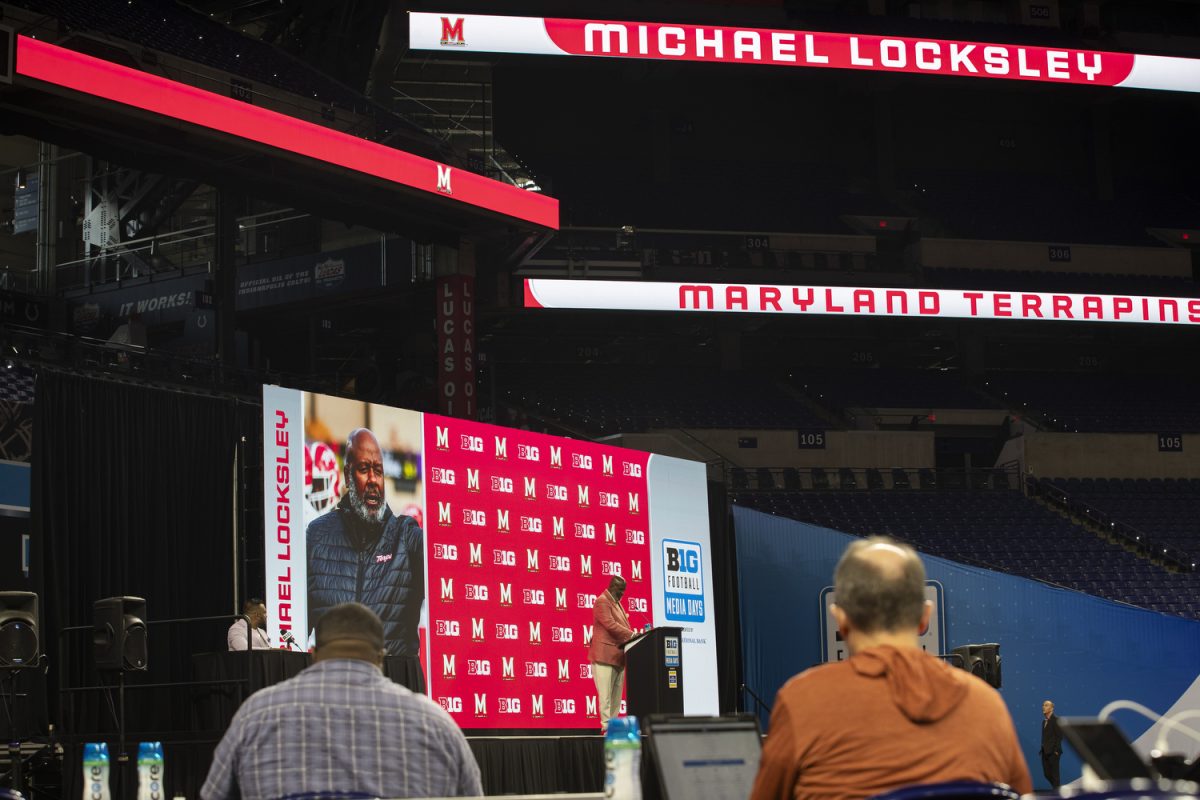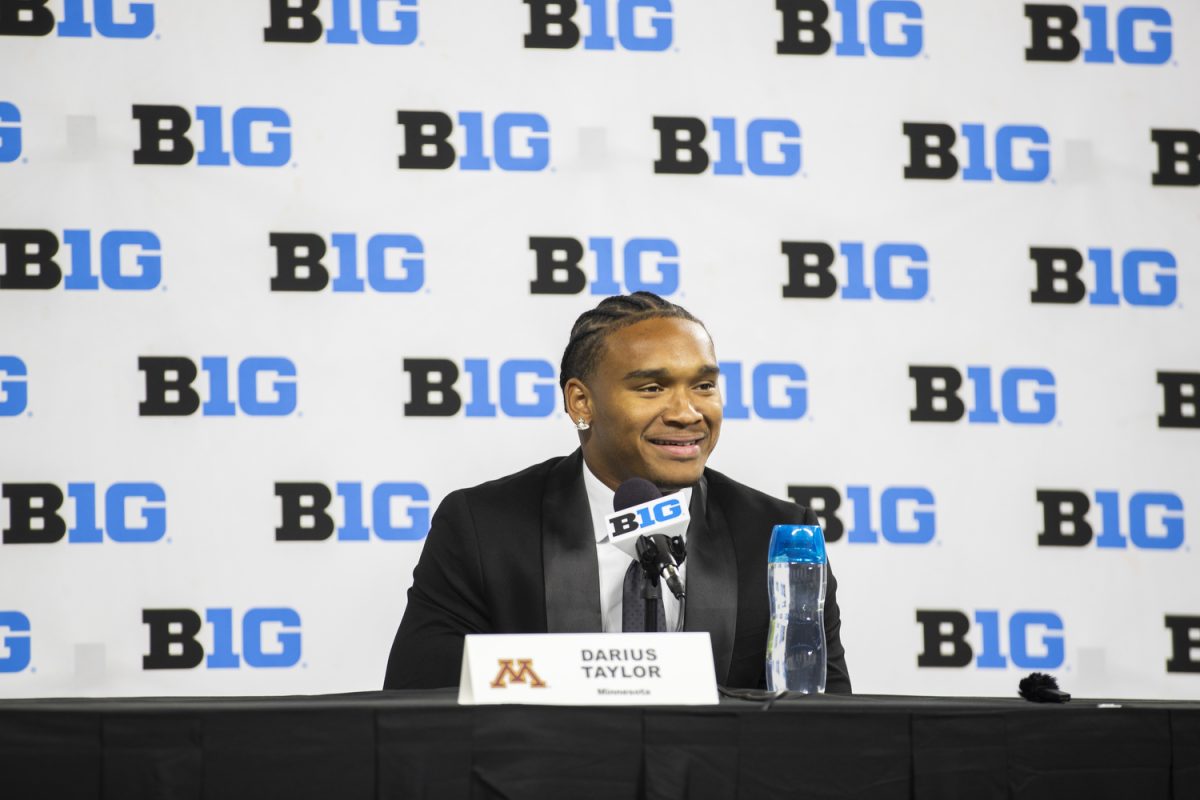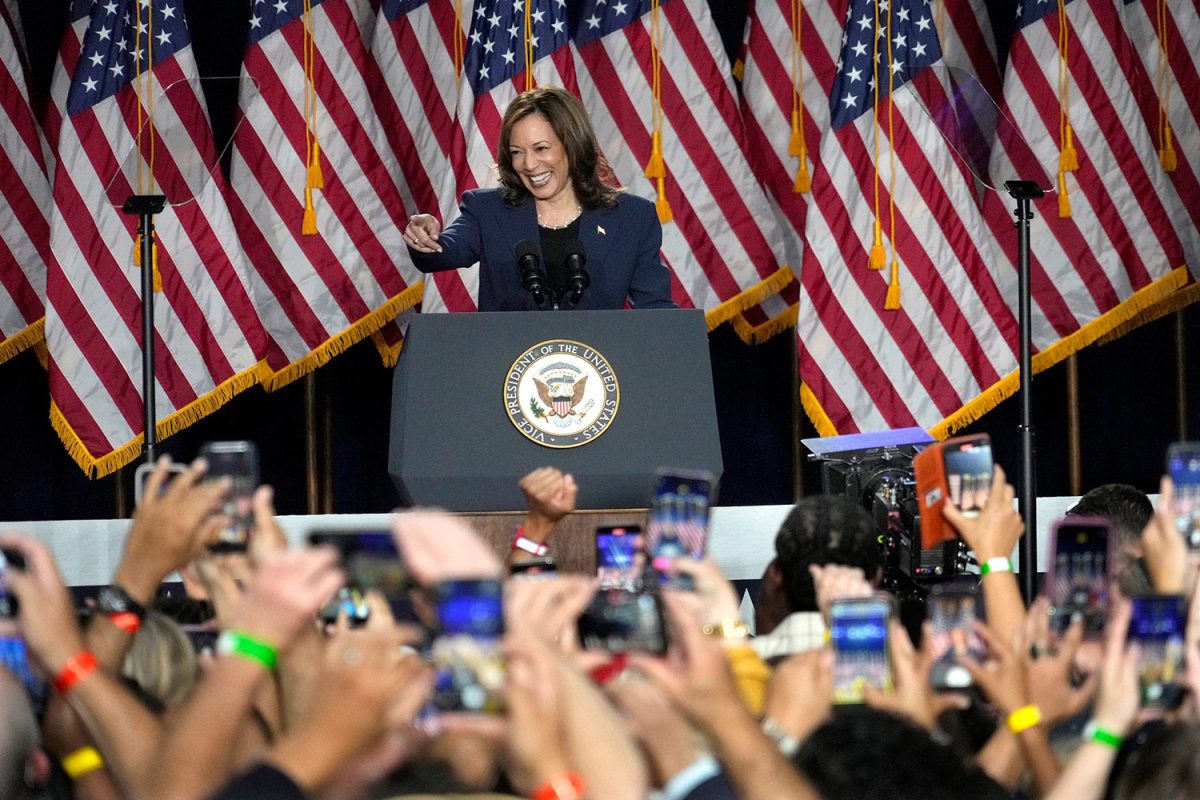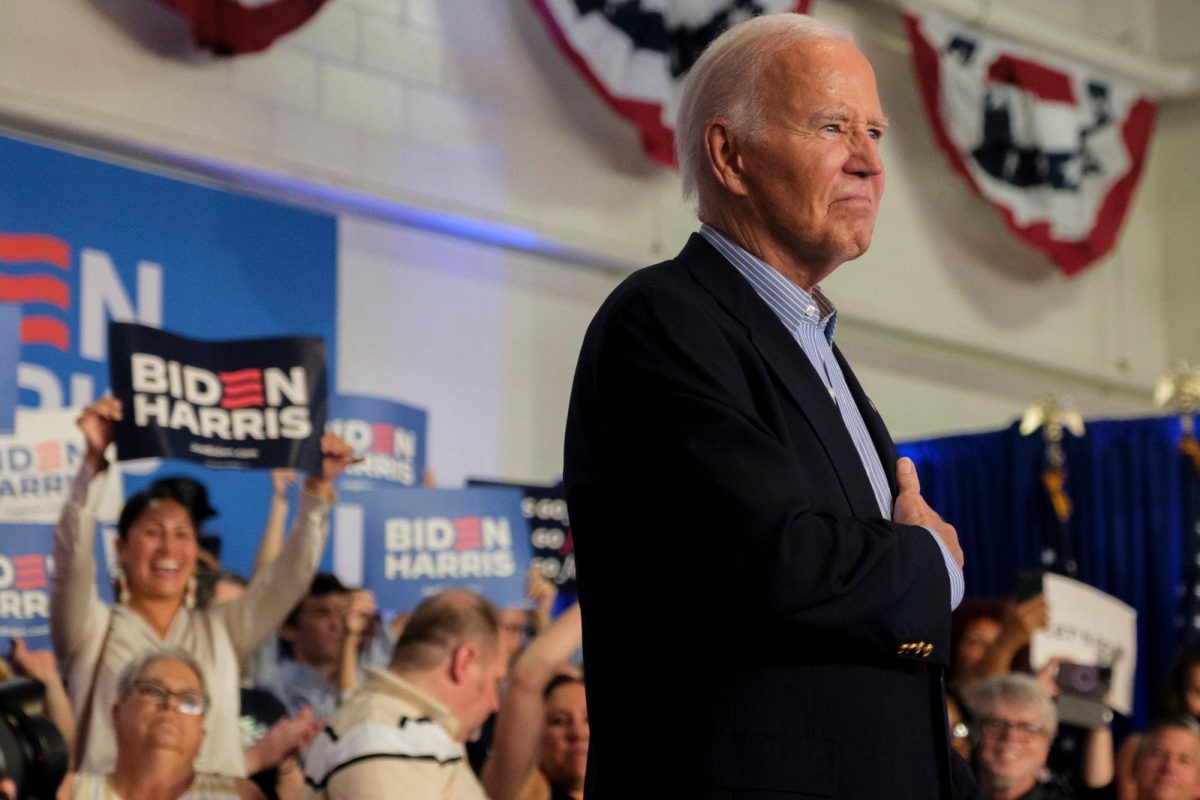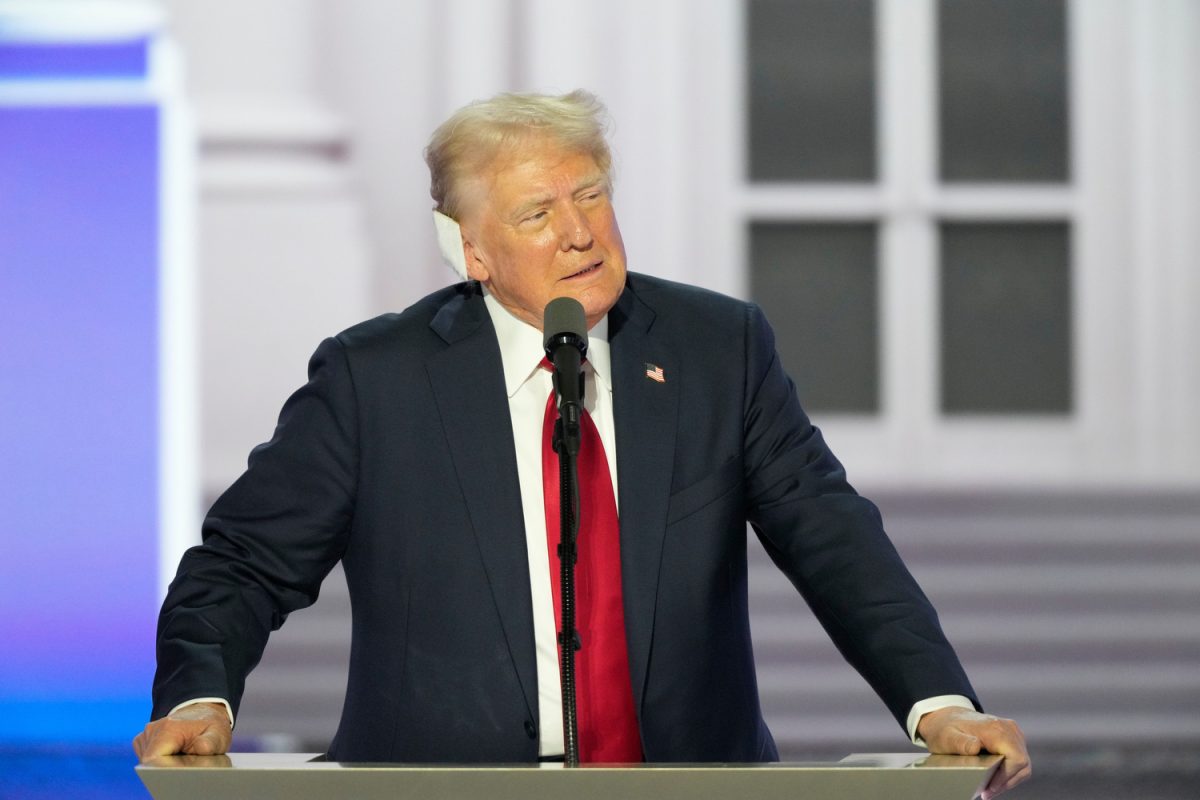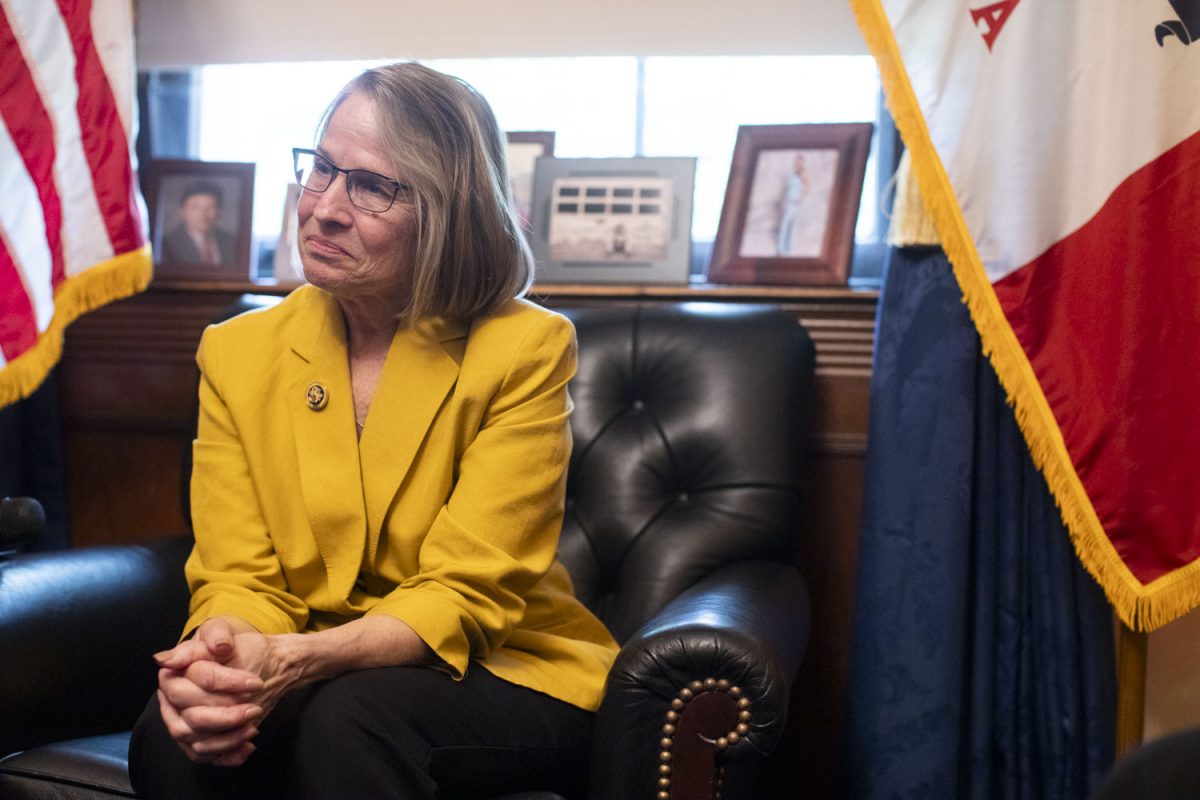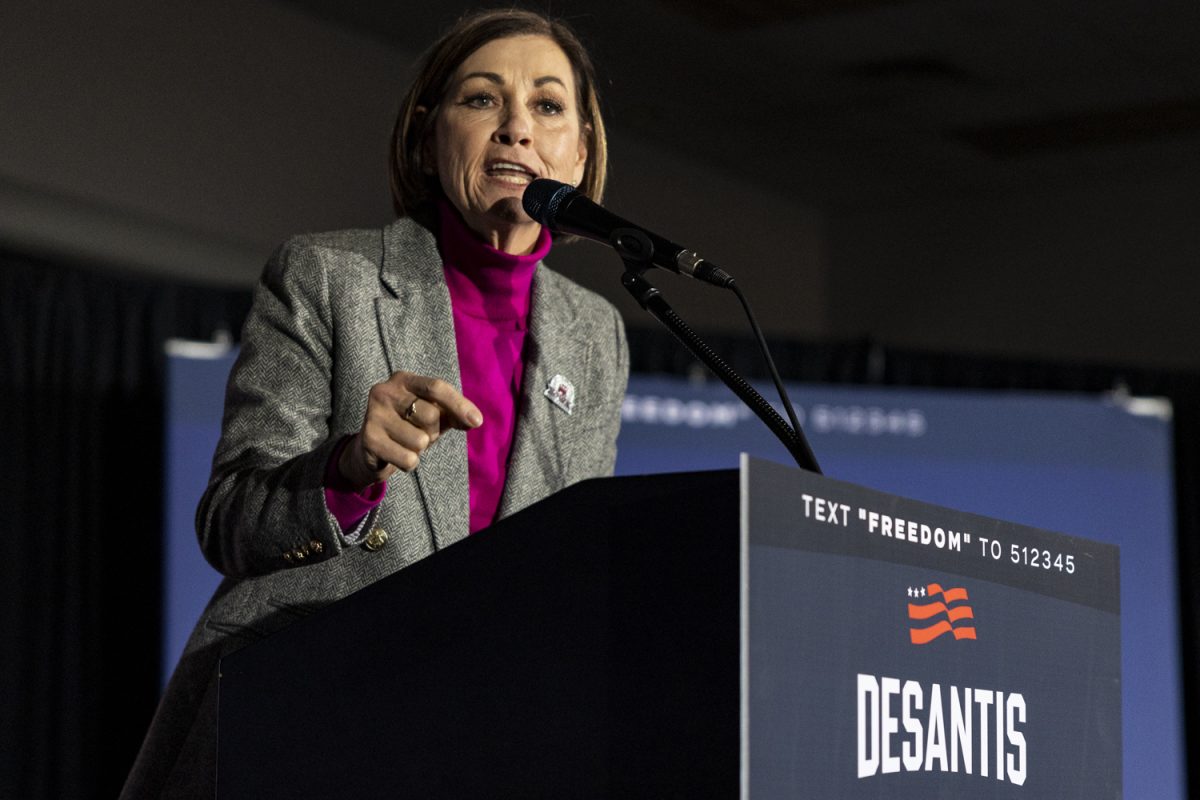A state panel unanimously approved a recommendation to eliminate or consolidate almost half of the boards and commissions in Iowa.
The decision would eliminate 111 boards and commissions, leaving 145 remaining, and was made during the panel’s fourth and final meeting in Des Moines on Monday morning.
The Boards and Commissions Review Committee will finalize and submit its report containing its recommendations on the efficiency of Iowa’s over 200 boards and commissions to the Iowa Legislature and Iowa Gov. Kim Reynolds later this week.
The recommendations would still require legislative approval from the Republican-controlled Iowa Legislature.
The committee was created as part of a massive effort by Reynolds to reorganize Iowa’s state government. The bill that eliminated dozens of cabinet positions in Iowa’s state government that was signed into law earlier this year also directed this committee to review Iowa’s 259 boards and commissions.
“I realize some struggle to conceive of a situation or government is smaller and less intrusive — but everyday Iowans can conceive that,” Kraig Paulsen, the Director of the Iowa Department of Management, said during closing remarks on Monday. “The legislature, with smaller government in mind, the legislature assigned us to review what ended up being 256 boards and commissions and make recommendations on their continuation, elimination, consolidation or reorganization.”
Originally, the panel had recommended consolidating or eliminating 116 boards and commissions. The committee announced revisions to their recommendations following public concern over the possibility of losing federal funding and public services with the elimination of the boards.
During a Sept. 6 public hearing, the committee received feedback from Iowans who said the elimination of the Iowa Commission on Volunteer Services and the Midwest Higher Education Compact would put millions in funding at risk.
During Monday’s final meeting, the committee reversed its recommendation to cut the program, continuing them in their current state.
In addition to keeping those two commissions, the panel changed its recommendation on three other boards:
- It merged the Board of Athletic Training with the Board of Chiropractic, Board of Massage Therapy, and Board of Physical and Occupational Therapy.
- It merged the Iowa Deaf Commission with the council that provides hearing aid support.
- The commissions on African Americans, Latinos, Asian and Pacific Islanders, Native Americans, people with disabilities and women were merged into the state’s Human Rights Board.
While the majority of the boards and commissions were combined into other boards, or had their powers delegated to state agencies — 39 will be eliminated completely.
Iowa Sen. Tony Bisignano, D-Des Moines, was a nonvoting member of the commission and spoke at the meeting Monday. Bisignano said he hopes the final product of the legislation does not discourage participation in government.
“Regardless of the impact, they may not be the one that finds the answer for our issues here in Iowa, but they have an impact and that board brings that person to maybe run for a local office, maybe run for the school board,” he said.






